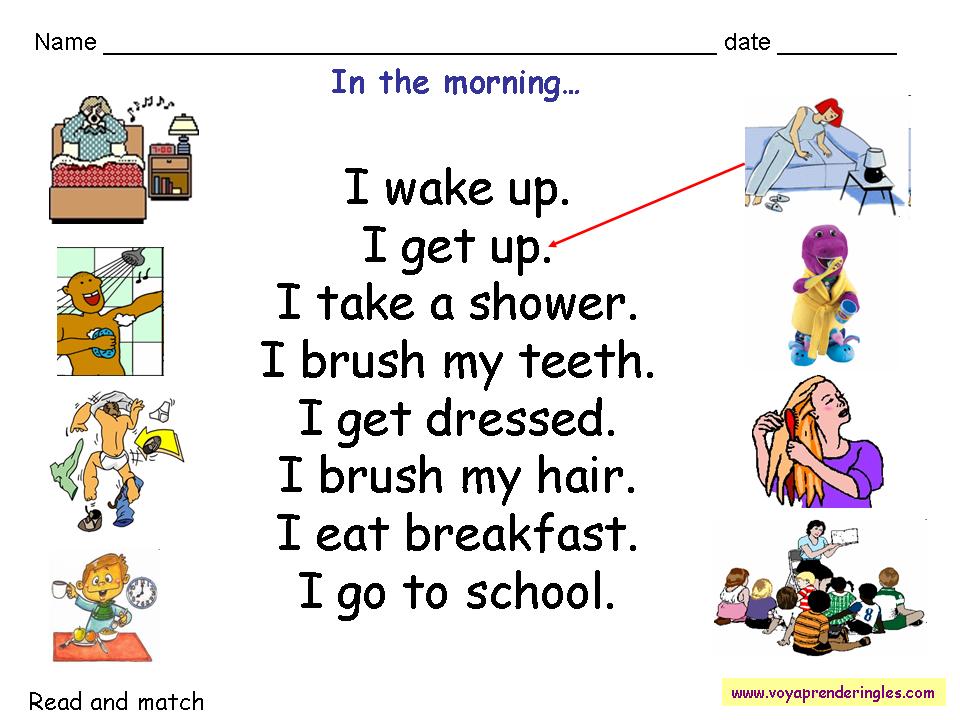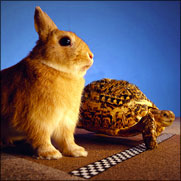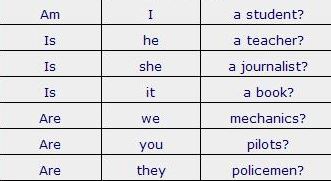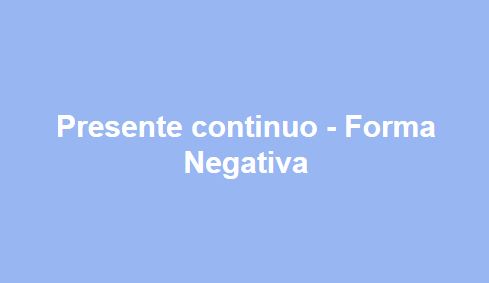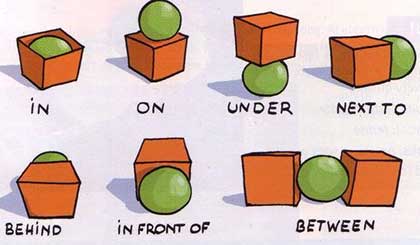
Preposiciones en Inglés - Recursos Educativos en inglés
Gramática Inglesa - English Grammar
Aprender las preposiciones en inglés es muy importante, porque su estructura se utiliza en la conversación diaria. Cuanto más dominas, más te acercas al dominio de la gramática y el vocabulario del idioma. Pero primero necesitamos saber cuál es el papel de las Preposiciones en la estructura de la gramática del inglés.
Una preposición es una palabra que establece una relación entre una palabra y otra. La preposición se utiliza para dar una indicación espacial o temporal, una posición o una conexión lógica entre dos cosas. Es decir, Las preposiciones son herramientas que unen sustantivos, pronombres y expresiones a otras palabras en una oración.
Preposiciones
In - dentro de… - he’s in de car.
On - sobre - it´s on the table.
Out - fuera / movimiento hacia afuera - Get out !
Above - Arriba / encima de - The pen is above the mug.
Over - Sobre - The plane flew over the mountains.
Under - debajo - it’s under the table.
Back - movimiento de retroceso / retorno - I will go back to Italy this summer.
Behind - detrás - it’s behind the lamp.
Near - cerca de - it’s near the lamp.
Down - bajada / movimiento de bajada - Don’t look down!
Away - noción de distancia / cambio de dirección - Take me away from these people!
Through - a través de - I drove through the snow.
Between - entre - it’s between the box and the lamp.
In front of - delante de - it’s in front of the lamp.
Across - a través de (superficie plana) - I rowed across the lake.
Up - movimiento hacia arriba / ascendente - I’m looking up at the sky.
After - después de - After dinner, I will go to the cinema.
Opposite - en frente de - the cinema is opposite the restaurant.
Before - antes de - There’s always a calm before the storm.
At - junto a - at the door
- Se usa cuando se mencionan lugares sin dimensiones, como punto de referencia:
I’m at the bus-stop - she’s at the door.
Y también cuando nos referimos a un lugar por la actividad que se realiza en él.
Ana is at the seaside - my sister is at the bank.
Estos son los principales significados de cada preposición, a menudo vinculados a referencias espaciales; sin embargo, siempre hay que comprobar el contexto general de la frase, así como el verbo con el que se asocia la preposición, para no cometer errores de traducción o comprensión. Existe un número (casi) infinito de verbos frasales (verbos con partícula) en inglés.
🔆 También te puede interesar:
- Cómo preguntar y expresar la posesión en inglés
- Cómo usar May y might - Verbos modales
- Conditionals in English - El condicional en Inglés
- Adjetivos y pronombres demostrativos en Inglés
- Pronombres Posesivos en inglés - Possessive Pronouns
- Adjetivos Posesivos en Inglés - Possessive adjectives
- ¿Cómo aprender inglés fácil y desde casa?
- Plural de los sustantivos en inglés
- Many more, a lot more y Much more. Usos en inglés
- ¿Qué son los phrasal verbs en inglés? Los más usados
- Cómo expresar opiniones en inglés
- Uso de whose en inglés - Pronombres relativos
- Who, which y that - Pronombres Relativos en inglés
- Was going to - El futuro en el pasado
- DO y MAKE en inglés ¿Cuáles son las diferencias?
- Cuándo usar Since, For, Ago: ¿Cuáles son las diferencias?
- The Gerund - El gerundio en inglés
- El Imperativo en Inglés - Imperative
- El comparativo y el superlativo en inglés
- Preguntas con WH-Questions 01 - What, where, why, who
- Preguntas con WH-Questions 02 - When, Which, Whose, How
- Cómo expresar cantidades en inglés
- Adjectives - Los Adjetivos en Inglés
- Uso de some / any acompañando nombres contables/incontables
- Modal verbs - Verbos modales en inglés
- El tiempo futuro en inglés
- Present Perfect Progressive - Presente perfecto progresivo
- Present perfect - El presente perfecto inglés
- Pretérito progresivo o continuo en inglés
- Simple past - El pretérito o pasado simple en inglés
- Presente continuo - Forma Afirmativa - English grammar
- Presente continuo - Forma Negativa
- Puntuación en inglés - All about punctuation in English
- Los verbos Auxiliares en inglés - Auxiliary Verbs
- Verbos irregulares en inglés, la lista que debes conocer
- Cómo decir la fecha en inglés - How to say the date in English
- Construir frases simples - To build a simple sentence
- Nombres contables e incontables en inglés
- Presente continuo - Forma Interrogativa
- Cómo Preguntar y decir el precio en inglés

